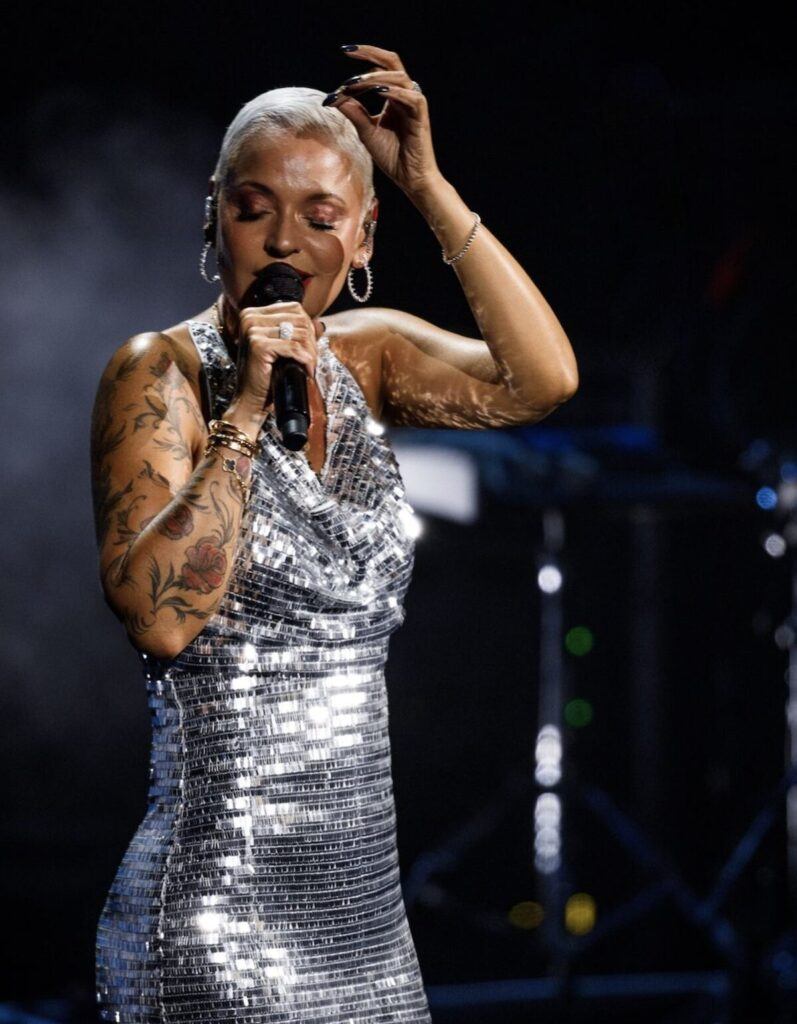While Fado has a rich history with legendary singers like Amália Rodrigues, it continues to thrive through the voices of modern artists. Today’s Fado singers honor the tradition while also infusing it with their own unique styles. Here are three of the most significant contemporary Fado artists who are making an impact on Portugal’s music scene.
1. Mariza
Mariza is perhaps the most internationally recognized Fado singer today. Born in Mozambique and raised in Lisbon’s Mouraria neighborhood, Mariza has played a crucial role in bringing Fado to a global audience. She has received numerous awards, and her performances are marked by a powerful voice that seamlessly blends traditional Fado with jazz and blues influences. Mariza’s albums, such as Transparente and Fado em Mim, showcase her ability to interpret classic Fado while adding her own signature style, making her a true icon in modern Portuguese music.

2. Carminho
Carminho is another leading voice in contemporary Fado. Known for her emotional depth and purity of voice, she has gained acclaim for her traditional Fado style and collaborations with international artists. Carminho grew up listening to her mother, renowned Fado singer Teresa Siqueira, which deeply influenced her music. Albums like Alma and Maria have won over audiences both in Portugal and internationally, making Carminho one of the most beloved Fado singers of her generation.
3. Cuca Roseta
Cuca Roseta brings a fresh and modern approach to Fado, with a voice that combines elegance and warmth. Discovered by producer Gustavo Santaolalla, she has since become a star in her own right, known for her captivating performances and deep connection to traditional Fado. Her albums, such as Riû and Amor Luso, blend classic Fado themes with influences from around the world, appealing to a wide range of listeners.
Legacy of Fado Legends
While Mariza, Carminho, and Cuca Roseta continue to shape the future of Fado, they do so by honoring the genre’s rich history and the legacy of great singers like Amália Rodrigues and Alfredo Marceneiro. Their work bridges the gap between past and present, ensuring that Fado remains an essential part of Portugal’s cultural landscape.